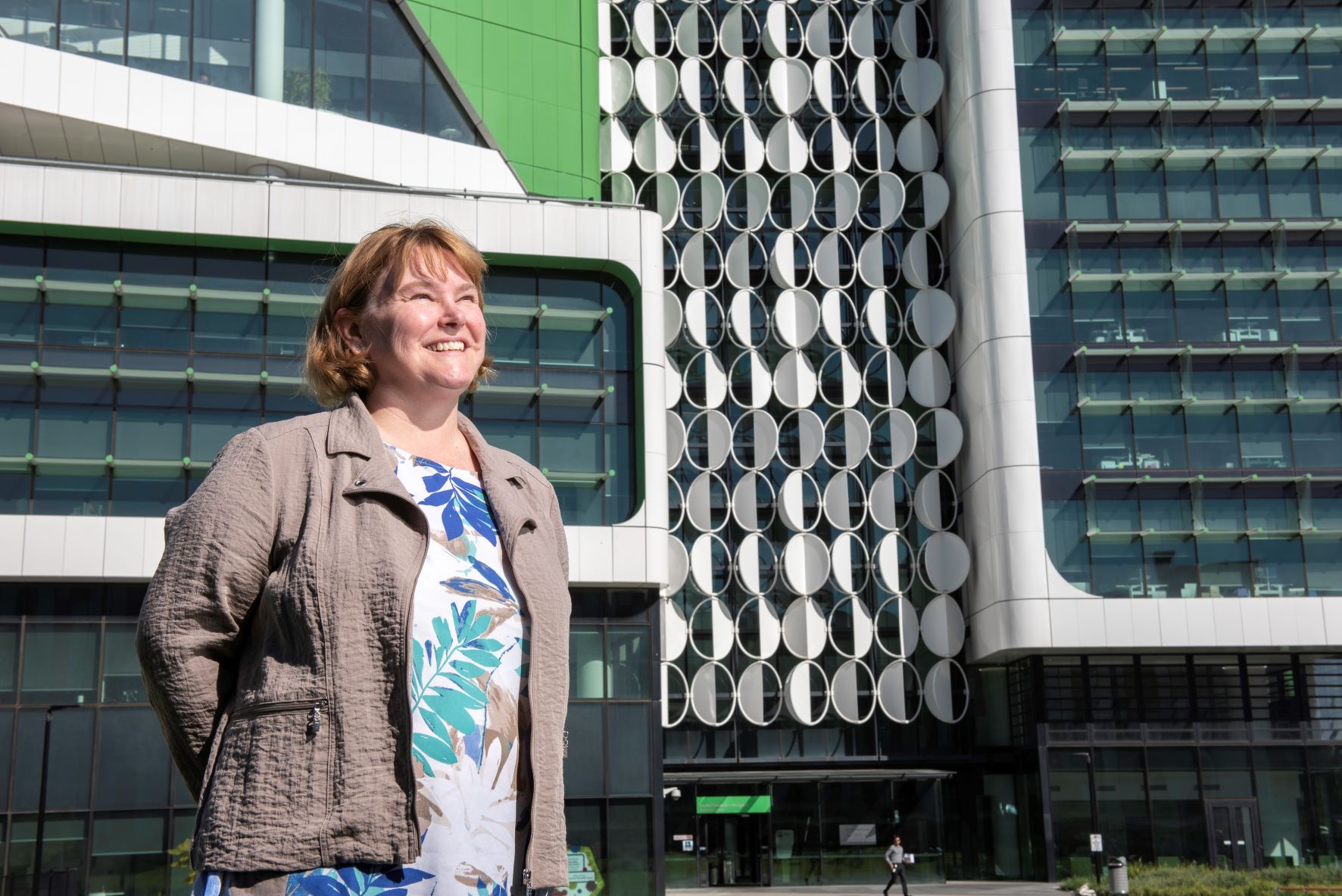Search
Showing results for "Professor"
Research
Widening the lens for pandemic preparedness: children must be seen and heardThe Australian and New Zealand Paediatric Infectious Diseases (ANZPID) Group of the Australasian Society for Infectious Diseases (ASID) calls for urgent consideration of the needs and voices of children in response to the COVID-19 pandemic, and in planning for future pandemics.

News & Events
SYMBA study boosted by WA Child Research FundORIGINS' SYMBA study awarded State Government grant to extend vital research into allergies
Research
Comparison of three methods for the recovery of skin pathogens from impetigo swabs collected in a remote community of Northern Territory, AustraliaImmediate plating of impetigo swabs is the gold standard for bacterial recovery but is rarely feasible in remote regions.
Research
Prevalence of Group A β-hemolytic Streptococcal Throat Carriage and Prospective Pilot Surveillance of Streptococcal Sore Throat in Ugandan School ChildrenThe Group A β-hemolytic Streptococcus pharyngeal carriage rates seen in Uganda (15.9%) are higher than the most recent pooled results globally, at 12%
Research
The fall and rise of Group A Streptococcus diseasesWe overview the changing epidemiology of Group A Streptococcus infections and the genetic alterations that accompany the emergence of Group A Streptococcus strains
Research
Cross-sectional study of population-specific streptococcal antibody titres in UgandaAsha Jonathan Bowen Carapetis AM BA MBBS DCH FRACP PhD GAICD FAHMS OAM AM MBBS FRACP FAFPHM PhD FAHMS Head, Healthy Skin and ARF Prevention Executive
Research
Ascertaining infectious disease burden through primary care clinic attendance among young Aboriginal children living in four remote communities in Western AustraliaImproved public health measures targeting bacterial skin infections are needed to reduce this high burden of skin infections in Western Australia
Research
Topical versus systemic antibiotics for chronic suppurative otitis mediaChronic suppurative otitis media (CSOM), sometimes referred to as chronic otitis media (COM), is a chronic inflammation and often polymicrobial infection (involving more than one micro-organism) of the middle ear and mastoid cavity, characterised by ear discharge (otorrhoea) through a perforated tympanic membrane. The predominant symptoms of CSOM are ear discharge and hearing loss. Antibiotics are the most common treatment for CSOM, which act to kill or inhibit the growth of micro-organisms that may be responsible for the infection.
Research
The impact of weather on time allocation to physical activity and sleep of child-parent dyads - Life Course Centre Working Paper Series 2021This study explores the differential impact of weather on time allocation to physical activity and sleep by children and their parents. We use nationally representative data with time use indicators objectively measured on multiple occasions for more than 1,100 child-parent pairs, coupled with daily meteorological data.
Research
PIFA - Pertussis and Food allergy, a case-cohort study of the association between pertussis vaccination in infancy and the risk of IgE-mediated food allergyPat Peter Tom Holt Richmond Snelling PhD, DSc, FRCPath, FRCPI, FAA MBBS MRCP(UK) FRACP BMBS DTMH GDipClinEpid PhD FRACP Emeritus Honorary Researcher
